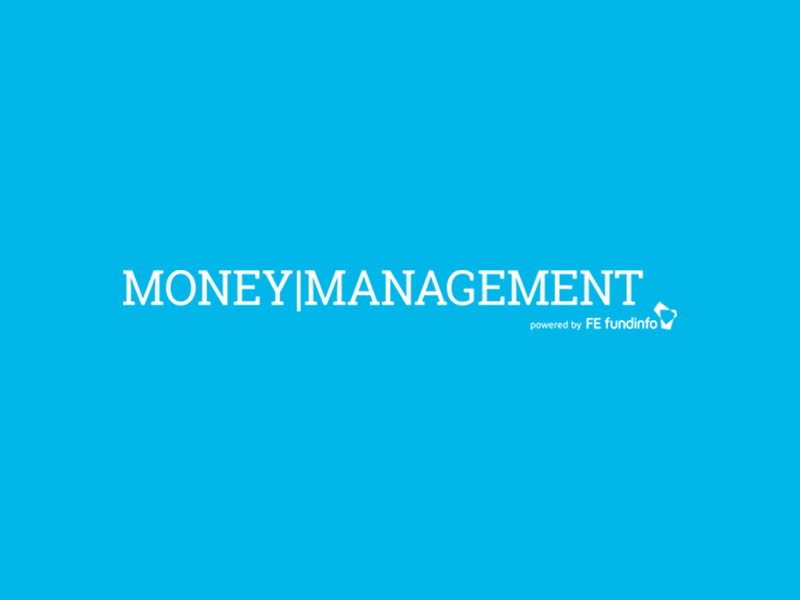Why isn’t mindfulness working for me

Why isn’t mindfulness working for me. Mindfulness, in theory, sounds great. The deal seems to be roughly this: if I sit still and listen to my breathing for 10 minutes each day, I will be calmer, certainly cooler, possibly richer and definitely an all-round better person. So how come it’s not working, you might ask […]
Proving the business case for financial wellness programs

Proving the business case for financial wellness programs. Financial wellness has been a buzz phrase in the workplace for a few years now – with good reason. More and more data show how bad for productivity the problem of employee financial stress is. In Australia, AMP’s 2020 Financial Wellness Report showed 1.8 million Australian workers […]
The Australian dream holds big financial risks

The Australian dream holds big financial risks. It’s said that the American dream is upward mobility – the ultimate example being to become the US President. The Australian dream seems more modest – home ownership, especially the good-old quarter acre block. But arguably it comes with bigger risks than the American dream, especially for Australians […]
Key insights from the FSI report

Key insights from the FSI report. A significant focus of Financial Mindfulness is the tracking and reporting of our Financial Stress Index (FSI), which allows us to benchmark and compare the impact of financial stress on Australians. The FSI has now become a leading financial stress measure in Australia. The FSI is a comprehensive measure […]
Australians rebounding from pandemic

Australians rebounding from pandemic Financial Mindfulness was reported in Money Management on its latest financial stress survey. Australians assessed as “thriving” financially have rebounded after sliding backwards during the first six months of the COVID-19 pandemic, according to Financial Mindfulness. The firm’s Financial Stress Index (FSI) showed that 25.8% of 645 respondents were rated as […]
Staggering number of Australians with less than $2000 in the bank

Staggering number of Australians with less than $2000 in the bank. Financial Mindfulness was interviewed by the Daily Mail on the latest study on financial stress. These results show just how dire circumstances are for some Australian’s. Revealed: The staggering number of Australians with less than $2000 in the bank – and why the slow […]
March 2021 Financial Stress Index (FSI) report

March 2021 Financial Stress Index (FSI) report Number of Australians ‘thriving’ bounces back dramatically as Covid nears end, but worst affected still suffering. Australians assessed as ‘thriving’ financially – a group that slid backwards eduring the first six months of the Covid pandemic – have bounced back and are doing even better than before the health […]
Find stability with Financial Mindfulness

Find stability with Financial Mindfulness. With a horrible year in 2020, routines have returned back to normal but 2021 hasn’t started well. David, 51 and Lisa, 46 are parents to Joshua (8), Jake (13) and Bella (11). Josh misses his dad while Bella is angry at her dad and hasn’t seen him for 4 months. […]
Financial Mindfulness exclusive interview with Dr Ellen Langer – Part 2

Financial Mindfulness exclusive interview with Dr Ellen Langer – Part 2. We continue with our exclusive interview with the world-renowned Professor Ellen Langer. Part 1 can be found here Financial Mindfulness: So, what is the difference between mindfulness and positive thinking? Dr Langer: “Positive thinking says things are positive, by definition. Mindfulness says outcomes are […]
Financial Mindfulness exclusive interview with Dr Ellen Langer – Part 1

Financial Mindfulness exclusive interview with Dr Ellen Langer – Part 1. Financial Mindfulness had the good fortune in March 2021 to secure an exclusive interview with the world-renowned Professor Ellen Langer, the first woman ever tenured in psychology at Harvard University, in the United States. She has written over 200 research articles and six books […]